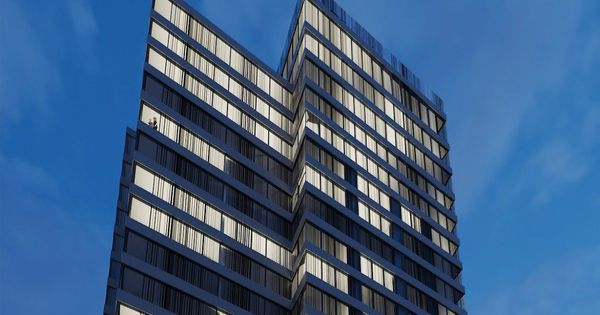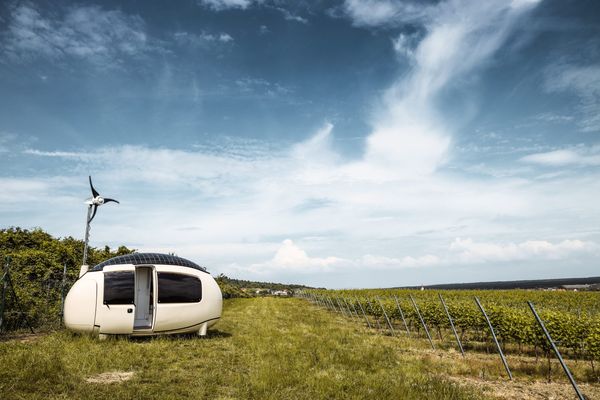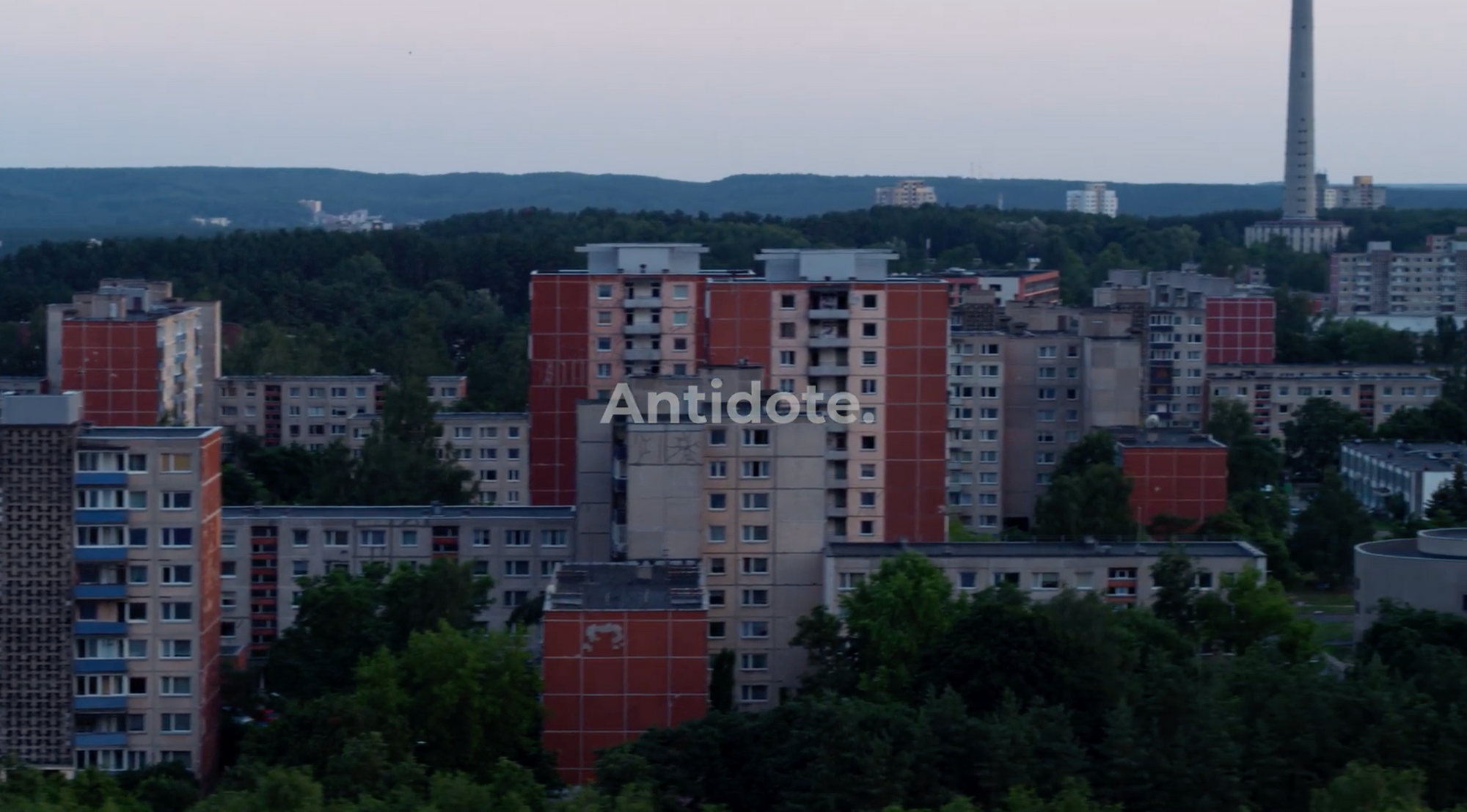Just a year ago, I first came across a Youtube video in which Monika Seta’s warm-up set on top of MO Muziejus hiding in Vilnius’s Old Town flew viewers into the night. There’s something that hasn’t changed about the Antidote Community since then: special venues, gorgeous sunsets and talented creators of Lithuanian electronic music, and the goal of judging DJing as equivalent to other artistic phenomena.
The Antidote Community’s latest, thirteenth video debuted on Tuesday with a completely different musical narrative from the previous parts: this time the techno appeared in one of Lithuania’s most significant monuments of self-determination and unity, the Press House in Vilnius, musicalizing resistance to Soviet military forces, which took place between January 11-13, 1991 in this very building.
I talked with co-founder Edmundas Pučkorius about the history and plans of the community and the Lithuanian electronic music scene. And at the end of the article, you will also find a Spotify list!
The history of the Antidote Community began when it became clear to the whole world that we were facing a pandemic in the form of the coronavirus, and this would have serious consequences in many areas of life. Is there a link between this and the initiative?
You are right, there really is a connection. Let’s put it this way, at the beginning of the uncertainties of 2020, when literally every nightclub closed, suddenly with plenty of free time, we decided to create a simple series of live electronic music broadcasts, much to the delight of ourselves and our friends. However, after a few episodes, we found a deeper motivation in this that drives us to this day in the production of additional parts. It’s all about electronic music and the cultural impact it evokes.

Who are the members of the Antidote Community, what do you do in everyday life and what is your attachment to electronic music?
Antidote Community is a group of independent electronic music producers, DJs, performers, videographers, creatives, and many other characters. We are a very diverse team, coming from different backgrounds with electronic music tastes and motivation. This diversity of thinking can also be felt when choosing performers, and it nicely complements one of our goals: to illustrate diversity in niche electronic music.
What is the reception of the Antidote in Lithuania?
Lithuania’s electronic music scene is very interesting. Although we are a relatively small country, there are many different communities here whose members have different musical tastes. In my opinion, Lithuania’s electronic music ecosystem is made special and vibrant by this diversity. As for the Antidote Community, I think the feedback is mostly positive. People have different opinions about different Antidote episodes, and that’s good!
The previous episode was made from the top of an old radio factory in the second-largest city in Lithuania. How did you choose Kaunas this time?
We mostly choose locations in and around Vilnius because of our limited organizational resources. However, Lithuania offers a number of great venues: when we decided that our next guest would be a DJ from Kaunas, the city and the former radio factory had, of course, already matched each other. Šarūnas Šimaitis (Less Feeling) could even be called the night mayor of Kaunas, so in episode 12 of the Antidote, it was all about Kaunas.
What would you share with us about this episode? Why watch this video?
With each episode, we try to accomplish or try something new, while at the same time looking for conceptual depths. Symbolically, for episode 13 of Antidote, we chose the Press House in Vilnius, one of the key venues for Lithuania’s self-determination and unity. The musical narrative that distinguishes this episode embodies the unwavering national resistance to Soviet military forces between January 11-13, 1991, which also took place in this building. At the beginning of the video, we put some video footage from January 11, 1991, in order to create a connection with the events of that time.
As for the music, it’s a set spiced with a lot of technique, accompanied by a brutalist architectural landscape, thoughtful editing, and a cozy sky. What else could you want for a pleasantly meditative experience?
I have to ask: if we happen to be in Vilnius, where do we go if we want to have fun?
Well, the two most obvious options are Kablys and Opium. The two leading nightclubs that deliver big parties every week with respectable sound. Moreover, there are a number of other places that occasionally host great parties, but it would be unfair to name a few and leave out others from the list. It is best to simply find what is happening in Vilnius that day and choose based on personal taste, because something vibrant is always happening.
How do you see the future of the Antidote Community? When will it reach its goal?
The future is an interesting thing. We will continue to experiment with different forms of expression, while remaining true to our main goal, to promote electronic music as a cultural phenomenon on an equal footing with any other branch of art. How can this be measured? Maybe we will achieve our goal if, as a start, electronic music and night culture are also recognized by the authorities. Berlin is doing a great job on this issue.
Antidote Community | Youtube | Facebook | Instagram

Dizzying high-rise buildings in Eastern Europe | TOP 5

The home of the future comes to Hungary—interview with the inventor of the Ecocapsule










